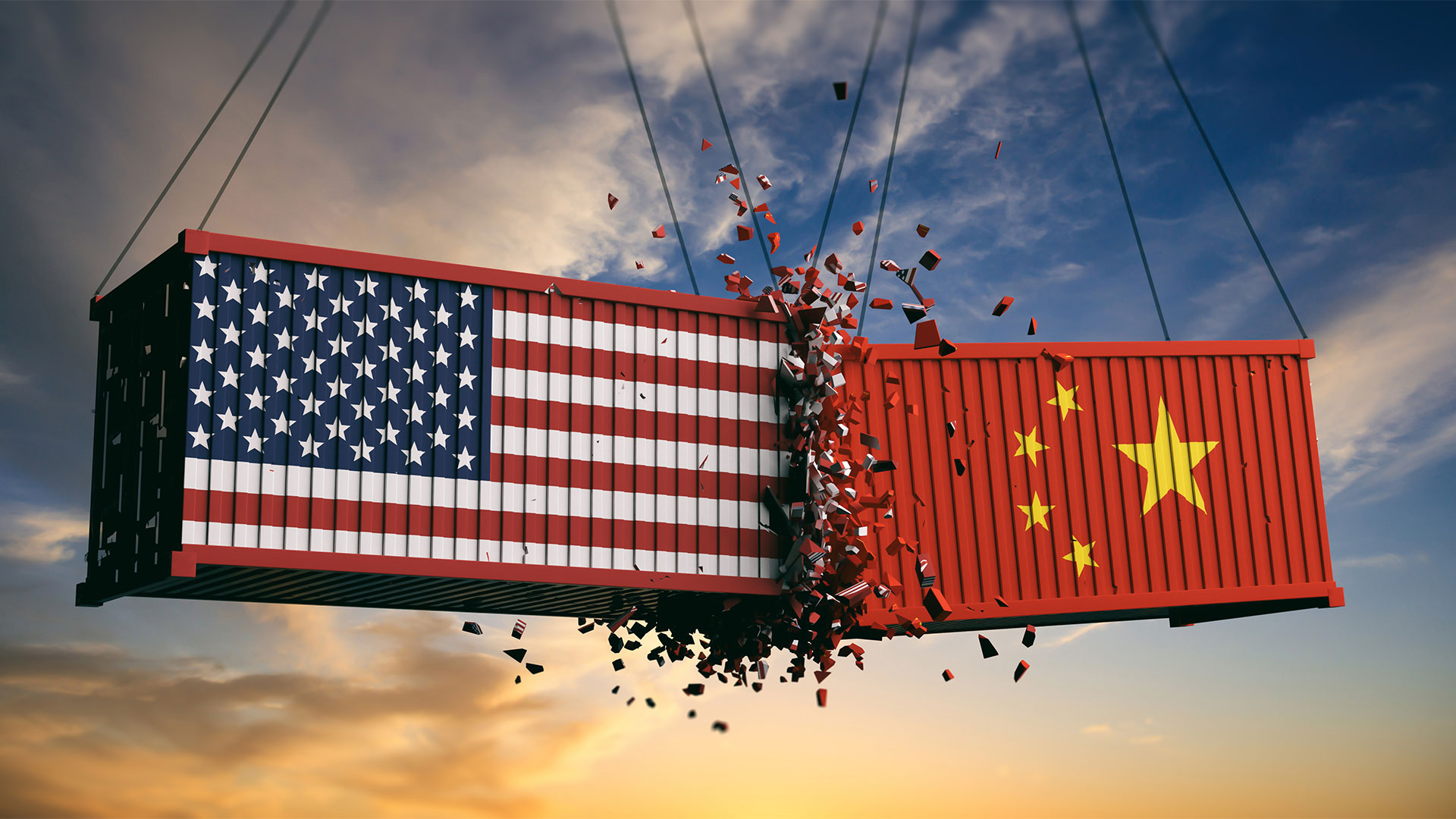
Assumptions that China’s corporates will be the main losers in any escalating trade war with the US may be confounded if the country presents a friendlier face to Japan.
As the trade tensions simmering between the US and China move a step nearer open warfare this week, corporates in both countries must face the prospect that neither side is about to back down.
Reports that Donald Trump was lining up a further round of tariffs targeting US$200bn in Chinese goods were confirmed and a 10% tariff will apply from Monday, rising to 25% from 1st January.
While many US corporates are dismayed by the feud, American business owners and CEOs are far from united in their opposition. Such is the trade imbalance between the two countries that China’s ability to retaliate is limited and it is fast running out of ammunition. Yet it’s increasingly evident that ramping up the pressure on the world’s second-largest economic power is having consequences that Trump didn’t foresee and his policy could backfire.
As its relations with the US sour, so China’s feud with the world’s third-largest economic power, Japan, is being replaced with a charm offensive. The territorial spat over islands in the East China Sea has been forgotten, at least for now. Japanese prime minister Shinzo Abe is expected to visit Beijing within weeks, with president Xi Jinping then making a reciprocal trip after the two leaders met last week at the Eastern Economic Forum in Vladivostok.
It followed a recent meeting between the finance ministers of the two countries where they agreed to fight protectionism, expand business ties and revive the idea of a bilateral currency swap between their respective central banks in the event of a future financial crisis. By contrast, Tokyo hasn’t forgiven the US by pulling out of the planned Trans-Pacific Partnership and scuppering plans for a trading bloc that could rival the European Union.
There are also clear signs that China is preparing to beef up its trade with Africa to offset the effects of more hostile policies from the US. The two-day Forum on China-Africa Cooperation in Beijing earlier this month addressed means of boosting business between the two continents, encouraging African industry to develop and strengthening security. Xi also laid great stress on the importance of supporting free trade.
China already represents Africa’s biggest trading partner with China-Africa trade in the first half of 2018 increasing 17.3% on a year ago to nearly US$100bn; Chinese exports to Africa rising 8.1% to US$50.4bn and imports from Africa 28.6% higher at US$48.5bn. The latter was contributed to by China importing more crude oil from Angola and neighbouring countries to offset a reduction in its imports of US natural gas.
Calm before the storm
According to the latest snapshot of Asian institutional trade finance produced by research and consultancy firm East & Partners Asia, the region’s largest corporates are fully aware of the intensifying tit-for-tat battle with the US.
However the bi-annual report, which monitors demand in Asia’s top 1,000 markets outside Japan for trade finance and related services, finds that the heated rhetoric and tit-for-tat tariffs haven’t yet had that great an impact. Conducted before this week’s latest chapter of the conflict, East’s poll found only 3.2% of businesses reported an increase in the cost of imported raw materials due to tariffs, while a further 5.8% said they are reining in their business growth plans in case the dispute escalates.
“There is clearly uncertainty around the near-term impacts that may be experienced, but so far it’s more a case of business as usual,” says Sangiita Yoong, East’s lead analyst for Asia.
That may not continue to be so. East believes a prolonged dispute with the US is likely to both encourage intra-regional trade in Asia and shifts in trade corridors to Asia, Latin America and Europe. Just over one in five large Asian corporates affected by the dispute are proactively de-risking their supply chain through diversification, reducing their exposure to the China-US trade corridor, indicating a potential future change in trade finance requirements.
“Considering that a majority of the large corporates in Asia are nominating China and the US among their top three trading partners at 77.3% and 65.9% respectively, the implications of any prolonged or sharp trade war on trade finance in the region are profound,” comments East.
Banks to benefit
Asia’s regional banks are the potential beneficiaries of a lengthy US-China dispute if businesses accelerate efforts to establish alternative supply sources in the region. East reports that Asian banks still hold 33.8% of the primary trade-funding relationships, although that figure has slipped from 35.3% in 2015.
The firm suggests that they have an opportunity to retake lost ground by offering “knowledgeable trade account officers and improving trade loan facilities and conditions”, which are the key service components most requested by corporate clients.
US banks that serve multinational corporates (MNCs) from their country also stand to benefit by assisting businesses that plan to avoid tariffs by shifting their production to offshore. In the past year, Citigroup and J.P. Morgan have increased their trade finance market share by 2.5% and 5.0% respectively over the past year, while that of Bank of America Merrill Lynch was down by 10.6%.
East sees competition likely to increase. Nearly two in five Asia corporates express an intention to move to an alternative trade financier in the near future and are likely to favour those banks showing the most progress in their ongoing digitisation, adoption of paperless trade and investment in blockchain technology. Meanwhile, it’s easy to imagine US banking CEOs gritting their teeth as the president ramps up the anti-China rhetoric.